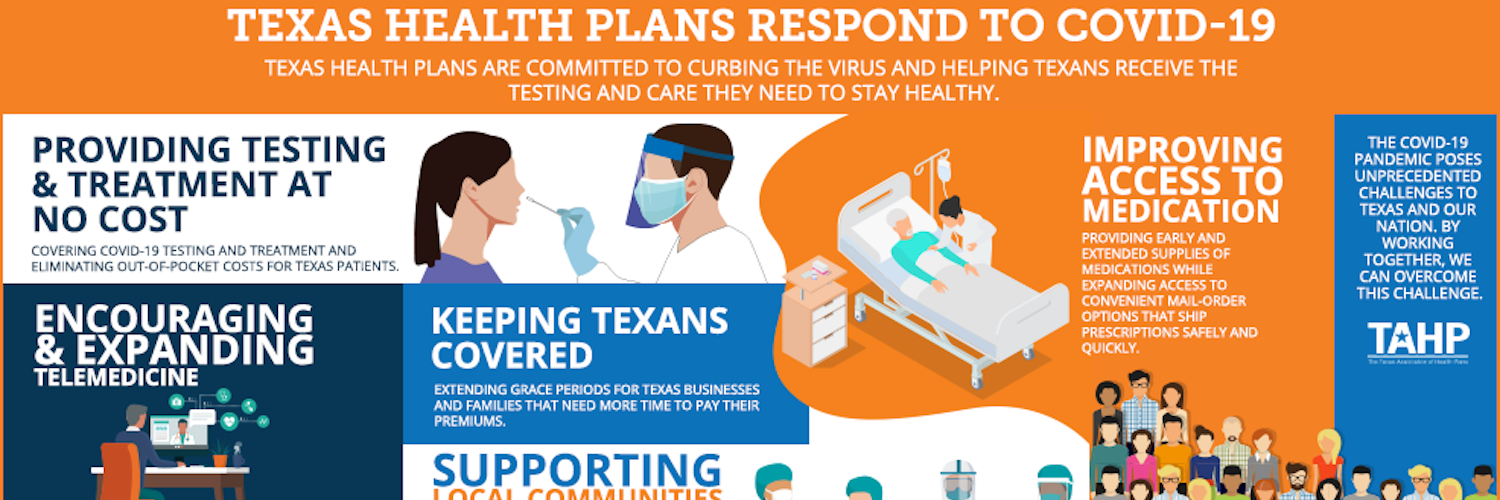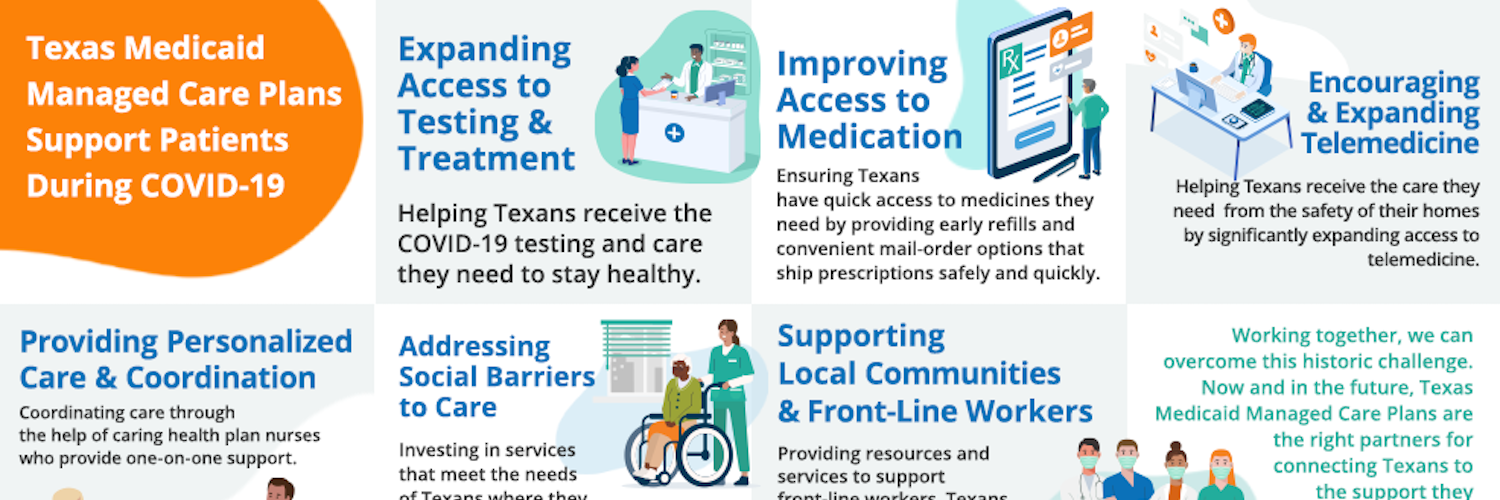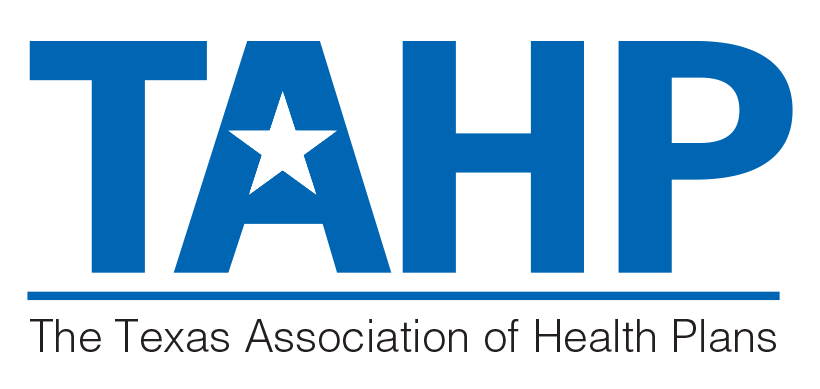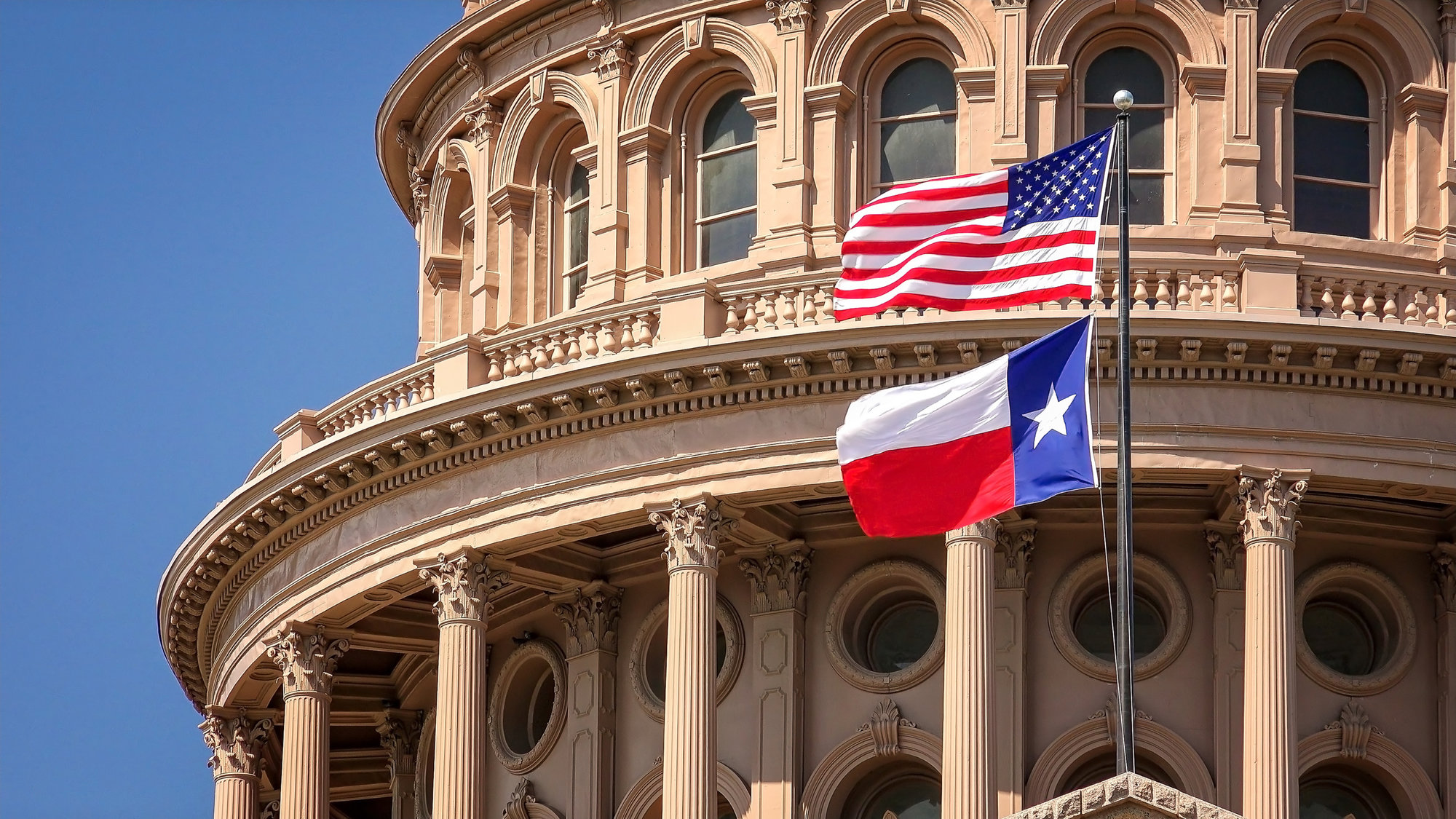News
Media Contact


December 3, 2020
A Telehealth Explosion in Texas
The COVID-19 crisis poses unprecedented challenges to Texas and our nation, touching every facet of American life. In the face of these challenges, Texas health insurance providers are committed to curbing the virus and helping Texans receive the care they need from the safety of their homes — including waiving out-of-pocket costs for telehealth and expanding telehealth programs.

November 16, 2020
COVID-19 And the Growth of Telehealth in Texas
The COVID-19 crisis poses unprecedented challenges to Texas and our nation, touching every facet of American life. In the face of these challenges, Texas health insurance providers are committed to curbing the virus and helping Texans receive the care they need from the safety of their homes — including waiving out-of-pocket costs for telehealth and expanding telehealth programs.

November 16, 2020
Putting Texas Patients First: Texas Health Plans Are Standing With You
The COVID-19 pandemic has posed unprecedented challenges for Texans and our nation, touching every facet of American life. In face of these challenges, TAHP and our members are doing all we can to keep Texans safe while providing continued support to and reducing burdens on patients and health care workers alike. Listed below are some ways health plans are proactively working to care for Texans and help them get access to the services and resources they need to stay healthy during the pandemic.

November 16, 2020
Connecting Texans: Texas Medicaid Managed Care Plans Support Texans During COVID-19
The COVID-19 pandemic poses unprecedented challenges for Texas and our nation, touching every facet of American life. During this crisis and into the future, Medicaid Managed Care Plans are connecting Texans to the personalized care and support they need to stay healthy and live their lives to the fullest. Learn more about how Texas Medicaid Managed Care Plans are responding to COVID-19.

November 11, 2020
Texas Medicaid Serves Texas Veterans
oday on Veteran’s Day, we honor all those who served our country. We celebrate and honor America’s veterans for their patriotism, love for our country, and willingness to serve and sacrifice for the common good.

October 15, 2020
1332 Waivers: A New Opportunity to Reduce Costs and Increase Access of Comprehensive Health Coverage
COVID-19 crisis remind us of the value of affordable health insurance coverage and the peace of mind it brings to Texans and their families. The COVID-19 crisis has also provided many examples of problems with health care costs that plague Texas, such as questionable billing practices and price gouging. The New York Times, ProPublica, Politico, and other media outlets repeatedly turn to Texas when reporting on the worst examples of these problems.
Stay updated on the latest TAHP news

Articles written by TAHP’s team of policy experts that examine the research, trends, and impact of the most important health care policy issues facing Texas and the country today.

Weekly news clips assembled by the TAHP team that highlight the top headlines from the health insurance and health care worlds, as well as important political updates.


